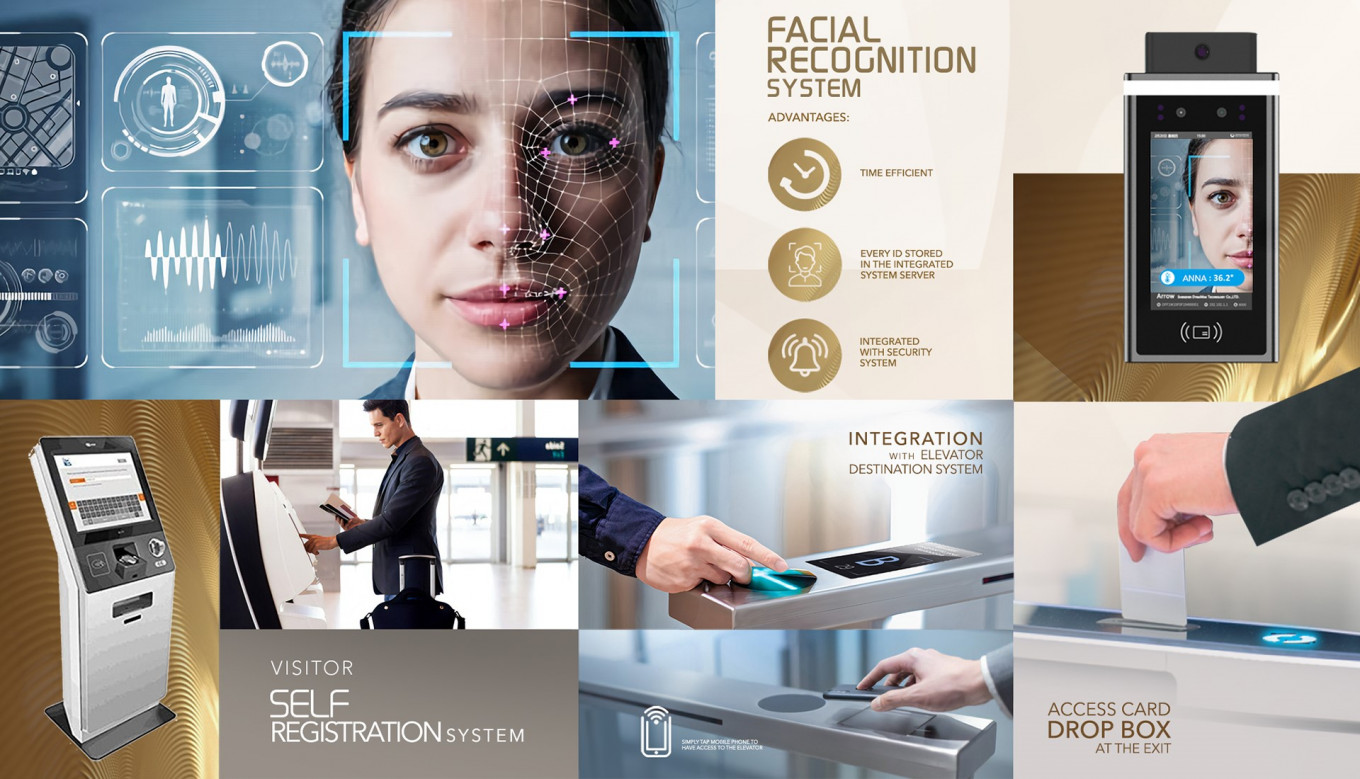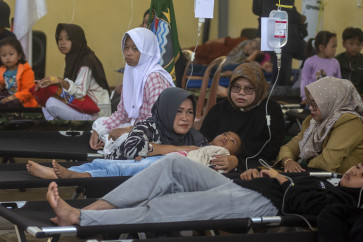Popular Reads
Top Results
Can't find what you're looking for?
View all search resultsPopular Reads
Top Results
Can't find what you're looking for?
View all search resultsBPJS Kesehatan to use facial recognition in prevention of frauds
The state-owned Health Care and Social Security Agency (BPJS Kesehatan) is planning to use a facial recognition technology to identify millions of its policyholders and to prevent fraud in the National Health Insurance (JKN) system.
Change text size
Gift Premium Articles
to Anyone
T
he state-owned Health Care and Social Security Agency (BPJS Kesehatan) is planning to use facial recognition technology to identify millions of its policyholders and to prevent fraud in the National Health Insurance (JKN) system.
BPJS spokesperson Rizzky Anugerah said the new policy was launched in July and would gradually be implemented in hospitals across the country.
"All clinics and medical specialists will be required to use the facial recognition system to verify the identity of policyholders," Rizzky said on Sunday as reported by Kompas.com.
He added that the facial recognition technology would be implemented to complement BPJS Kesehatan's existing fingerprint identification system.
Previously, BPJS Kesehatan president director Ghufron Mukti said the BPJS Kesehatan facial recognition technology could identify faces in pictures, videos and in real-time with high accuracy.
"It's a big step to prevent fraud and identity theft and to ensure that only policyholders can access the JKN services," he said during the launch of the program.
Ghufron further explained that the facial recognition system would provide a faster and more accurate identity verification process for all policyholders, leading to a shorter waiting time for treatments.
In the future, the technology will also allow policyholders to simply use their electronic ID card to access JKN services instead of using their BPJS Kesehatan cards.
Read also: KPK finds phantom billing at some hospitals
BPJS Kesehatan has been grappling with reports of alleged fraudulent claims from healthcare facilities for years.
In 2016, a study by the University of Indonesia (UI) uncovered potential fraud in the JKN’s hospital claims costing as much as Rp 7 trillion (US$452.91 million)
Among the irregular claims from hospitals were an abnormally high number of babies delivered via C-section under the JKN, which was about 54 percent of 1.5 million babies delivered from January 2014 to July 2015.
The unusually high prevalence of this procedure, which normally should be fewer than 10 percent of total child births, substantially increased the sums that had to be paid out by BPJS Kesehatan.
In July of this year, the Corruption Eradication Commission (KPK) revealed that the agency had found indications of phantom billing related to JKN in several healthcare facilities.
KPK deputy for graft prevention Pahala Nainggolan said that the anti-graft body found that three out of six hospitals examined had allegedly made false claims related to JKN that resulted in state losses of Rp 35 billion. Out of 4,341 claims made by the three hospitals, only 1,072 or 24 percent of them, were supported by medical records.
The hospitals, Pahala further explained, are allegedly engaged in three common fraudulent practices: claiming policyholders received more treatment than they actually did, raising treatment costs and creating phony policyholders to claim payments.
The KPK along with the health ministry, the Development Finance Comptroller (BPKP) and BPJS Kesehatan are planning to conduct a massive audit of all JKN reimbursement claims. (nal)










